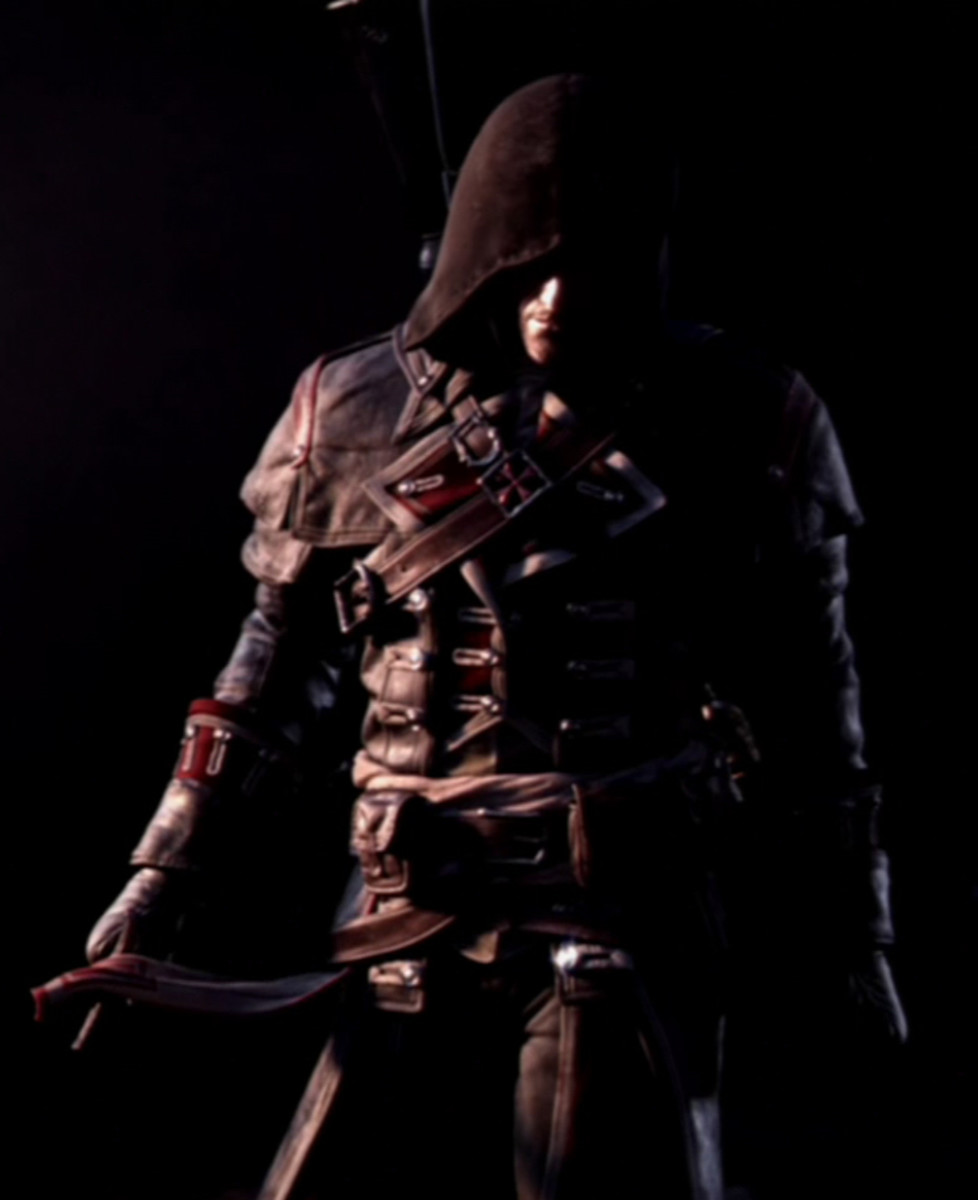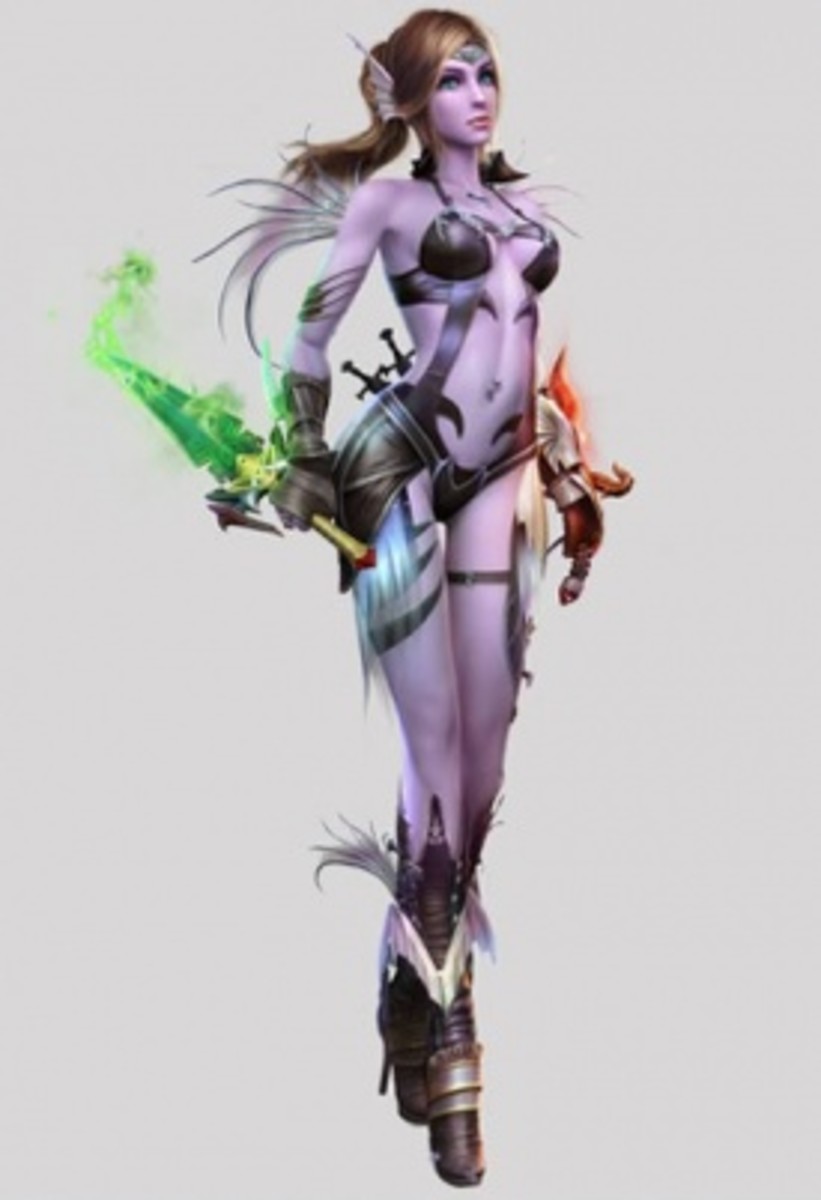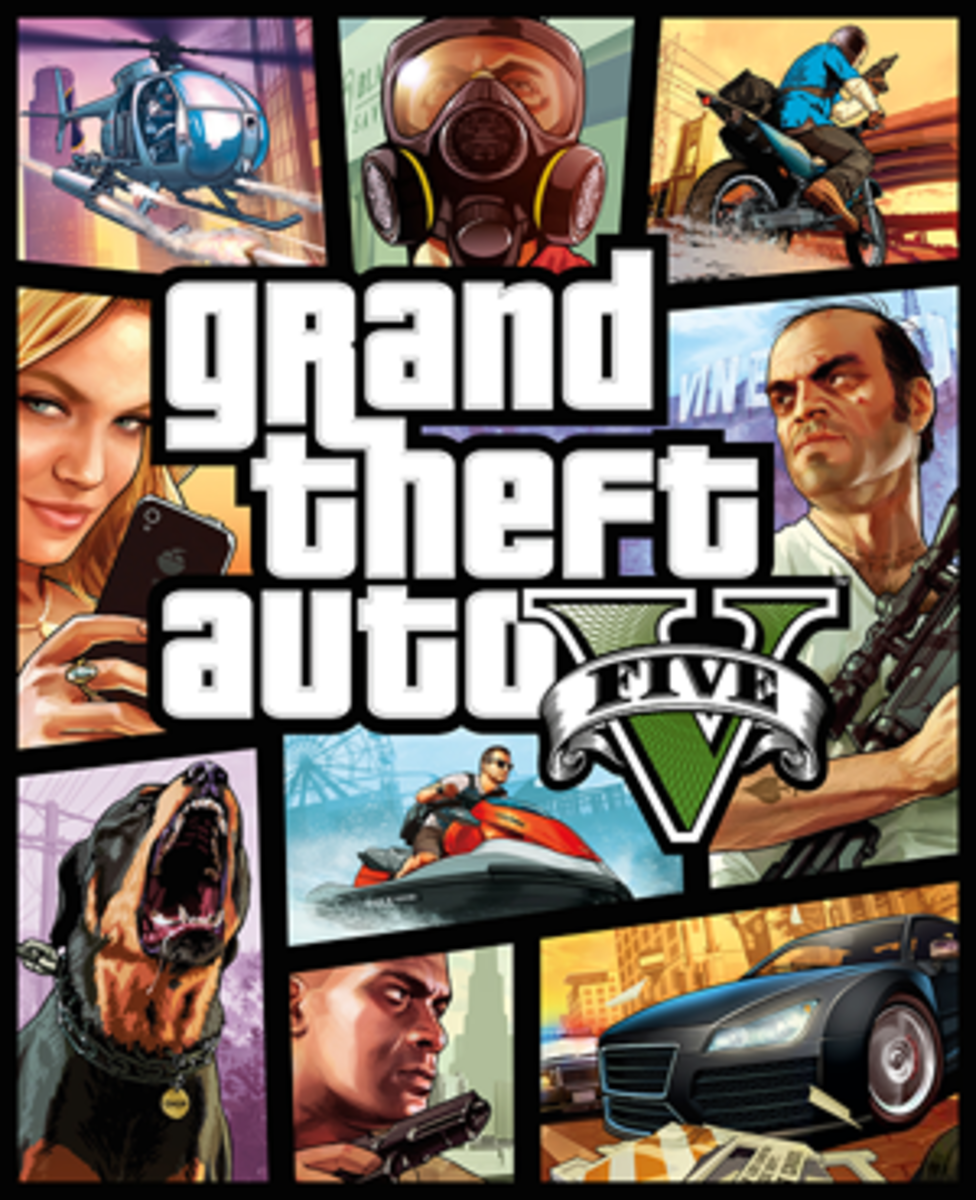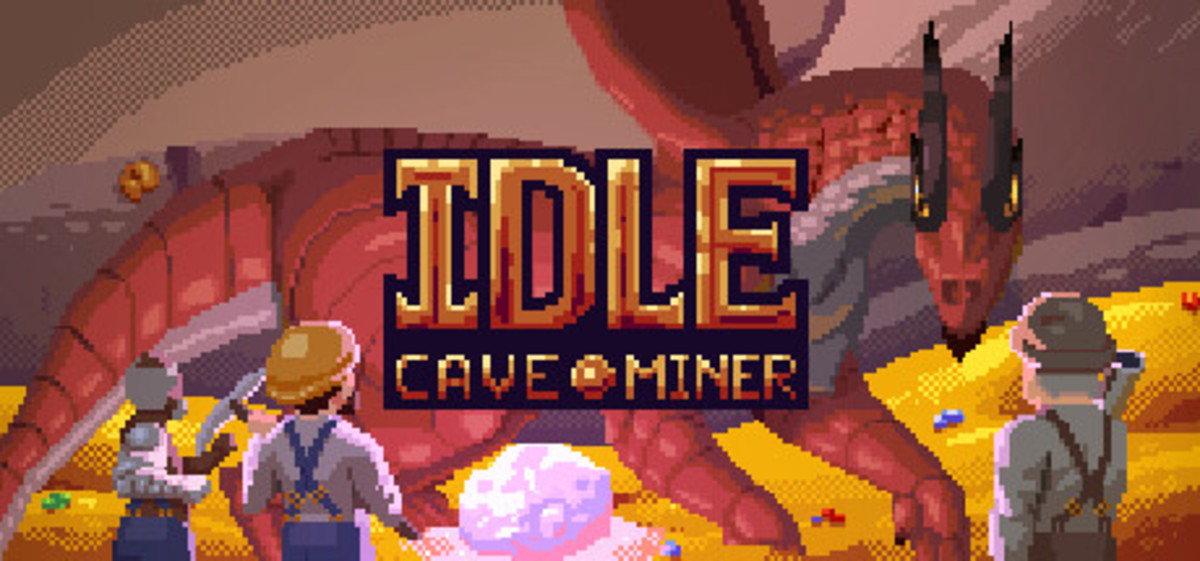Assassin's Creed Revelations Review
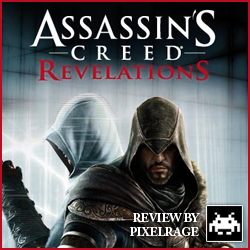
Assassin's Creed Revelations Review
In Assassin's Creed Revelations, we follow the final path of Ezio Auditore. Read my take on the fourth Assassin's Creed game, guaranteed to be SPOILER-FREE!
Written a day after I've finished the game, this review ensures that everything that any non game owner would like to know about the game is covered in detail!
Did you play Assassin's Creed: Brotherhood (the previous game)?
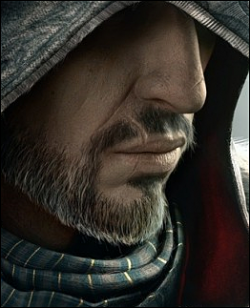
Ezio's Final Chapter
It's no spoiler to say that Assassin's Creed: Revelations was expressed early on by the developers that it is the final game to feature Ezio as the main character -- a very bittersweet announcement to fans of the series.
The ending of Assassin's Creed: Brotherhood left gamers in shock over a surprising ending that begged for a sequel, and that's where Revelations continues.
Ezio's age shows. We've followed his life since childhood, and he's getting visibly older and is in the first stages of losing the spryness of his younger years. Don't assume this means he's any less of an assassin, though!
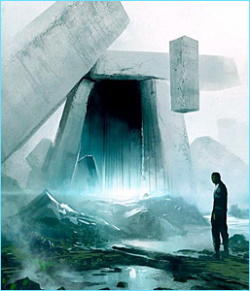
The Setting of "Revelations"
Starting Off...Far From Italia
Very little can be pieced together from the ending of the previous game, aside from some ambient conversations that are overheard from a comatose Desmond while trapped on "Animus Island," a surreal "limbo" that he's stuck on.
After meeting a dead animus test subject whose essence is forever trapped in the animus. This test subject named "Subject 16" was referenced in Assassin's Creed II -- he lets Desmond know that his mind is "broken" and the only way to leave Animus Island is to piece together the information Desmond's ancestors have for him, so that the Animus is able to separate Desmond and return him out of his coma.
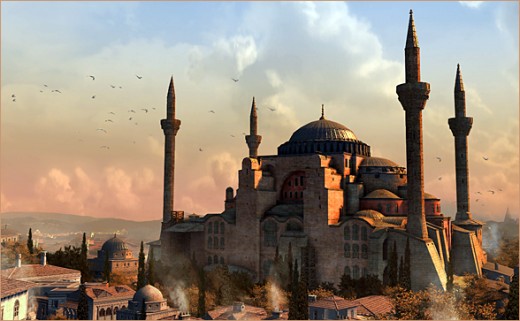
The setting of Assassin's Creed Revelations takes place in Constantinople (now modern-day Istanbul, Turkey), where a visibly aging Ezio Auditore, some 10+ years after the events of Assassin's Creed Brotherhood, communicates regularly with his sister through periodic hand-written letters.
If you're used to the lifestyle of Florence, Rome and all of the other previous places the series has taken you to, you'll jump right into the setting of Assassin's Creed Revelations very quickly. This time around, the city guards are Ottomans. A second faction -- the Byzantines -- also patrol various areas of the city and will immediately attack/be attacked by Ottomans, making this be a great distraction while Ezio explores. Your surroundings are the beautiful and ancient sights of Istanbul, from old mosques to legendary structures like the Hagia Sophia.
Gameplay
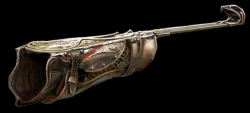
Improvements in Assassin's Creed Revelations
The Hook Blade
The biggest two game improvements by far are the introduction of the "hook blade," which replaces Ezio's right-side blade with a hook tip that can be used as a zip line and an offensive/defensive tool, and the introduction of bomb crafting.
The hook blade assists with climbing and adds a few different moves, such as a "floor sweep" that can trip your target, and a move allowing you to hook and spin over the shoulder of an enemy to get directly behind them. It will allow you to use various cables around the city to "zip" on, making travel quicker...although, there are less of these cables than you'd hope for.
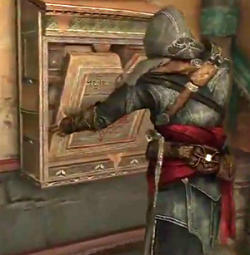
Bomb Making
Bombs are the second significant improvement in the game, allowing you to attack, distract or disable enemies with a variety of "bomb ingredients." Bombs are composed of 1) a "shell" -- either a clay shell, a tripwire or a sticky bomb, 2) a gunpowder type, and 3) an "effect." Effects are what defines the bomb you're using, and can make a bomb be a deadly projectile, a cloud of noxious fumes or a bomb that sends fake coins flying everywhere, gathering huge money-hungry crowds.
While bombs are an amusing part of the game, I found many of them to be more of a novelty than anything else. For instance, you can throw a smoke decoy which will send all guards off to investigate a spot that appears as though there's a fire about to start (the same effect you get from placing a dead body). This allows you to sneak by unnoticed. Alternately, you kill guards with a projectile bomb, or use a poison bomb for a slow death. Overall, I used bombs only for distraction or for a quick kill, and didn't bother with anything that poisoned or slowed down guards, since my biggest concern was just getting into areas as fast as I could. However, everyone has their own method of play.
Life In Constantinople
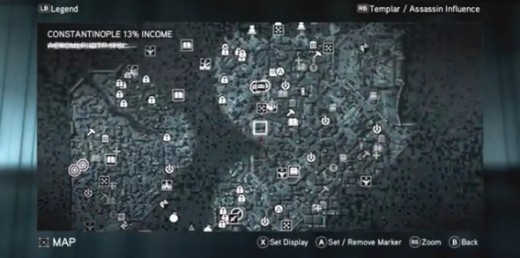
Much like Assassin's Creed Brotherhood, this game is (for most purposes) set in one big city, instead of several cities like we saw in Assassin's Creed II. You're undoubtedly used to the way that Assassin's Creed games function by now, and all of the elements are still there: Templars control districts, and you need to kill the Templar leader and light a signal fire at the top of a district's tower to claim Assassin influence over the district.
There are still random events where a stray enemy pops in out of nowhere (similar to the bandits of Rome in the previous installment) which take you by surprise -- in Assassin's Creed Revelations, they come in the form of contract killers who attack from behind.
As always, a side-quest of "renovating the city" exists in Constantinople, where Ezio re-opens blacksmiths, tailors, book shops (there are no longer art shops), banks and others. There is no longer a record book in your Assassin's den letting you check on your progress of how many shops you've renovated, you'll have to visit a banker to get that information.
The only second region you'll be able to re-visit is an underground city called Cappadocia, where only a short portion of the plot takes place. If you play to perfection, the final pieces of weaponry and books can be purchased here if you're looking to buy one of each item in the game.

Fighting & Weaponry: What's New
I was pleased to see that the fighting system has been significantly "cleaned up" since the previous games, where, in my opinion, there were far too many instances where you were completely paralyzed in battle, taking hit after hit. It seems like Revelations makes it much easier to perform blocks and counters, and there are many new killing moves that are far more violent than seen in the past.
Ottoman Janissaries: these guys are tough! Be prepared to hone your counter-attack skills if you want to have a chance against them
In the past, we've quested to find the coveted Armor of Altair which never needs to be repaired, then -- Brutus' armor, the most elite kind in Assassin's Creed Brotherhood. In Revelations, it's the "Ishak Pasha" armor you're after, and finding the memoirs of Ishak Pasha strewn across the city is the only way to get it. Elite weapons can be obtained by completing the feat checklists for the three factions: mercenaries, Romanies and thieves. These weapons include a final dagger, heavy weapon and sword.
In your Assassin's den, there's still a "museum room" where all of your items are stored, although this is never explained to you by an NPC. Veteran AC players will know the drill, though.
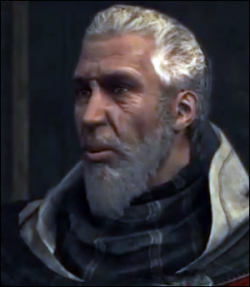
Altair Is Back
Altair, the protagonist from the very first Assassin's Creed game has a very significant role in this game. In fact, you'll spend a good 10-20% of the game (that's simply my rough estimate) playing as Altair in a very copious number of flashback sequences that take you from his younger days, to his very final hours as an old man.
Many previous questions will be answered in these flashback missions, including Altair's encounters with the Apple of Eden.
This game does a stunning job of tying up the life and final days of Altair in a significant and satisfying way for Assassin's Creed fans.
Tower Defense Mini-Quests
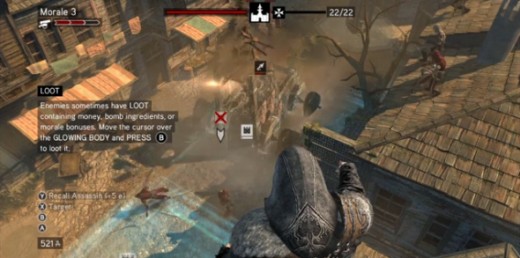
Another significant addition to the game is a "tower defense" side quest, where Ezio acts as a commander by assigning various assassins to rooftop defensive duties as armies attempt to storm and take over an assassin den. During the beginning of the game, you'll be introduced to Tower Defense as it is a part of the plot. After that, though, this side quest can only be triggered if Ezio has his meter at full "Templar awareness" (this happens when you openly kill lots of guards and your meter is fully red) in a region where an Assassin Den exists without a Master Level assassin in charge of it.
Tower Defense missions can become incredibly hard, especially since they run in real-time and there is no way to pause or slow down the gameplay at all. Using your controller's trigger button to select archers, gunmen, barricades and other elements into a sidestreet to fend off oncoming hordes of attackers, you're under severe pressure to think and act quickly. These attacks always conclude with a big piece of heavy equipment being rolled in by your attackers, which is incredibly hard to destroy and requires very quick thinking and 'troop placement.'
Assassin Missions
Much like your previous encounter in Rome, you can send off your band of assassins to complete tasks in other countries around Europe and Africa. It works exactly the same way as before, and the sole purpose is to level up your assassins until they become Master Assassins (the highest level). Be careful -- if your band of assassins is sent on a job and their probability of success is not equal to 100%, there is a chance that one of them might not make it back...which means, you'll have to go out and find another assassin recruit and start all over from square one, training them. There were many times where one of my assassins died at on a job that had a 90-95% success rate.
Each city has a stated degree of Templar control, and each job lowers that control to a certain amount. All jobs give you some sort of payout that comes in the form of a 24 hour payment or item (bomb ingredients). Once you've completed the game, these city missions have little to no purpose anymore.
Multiplayer
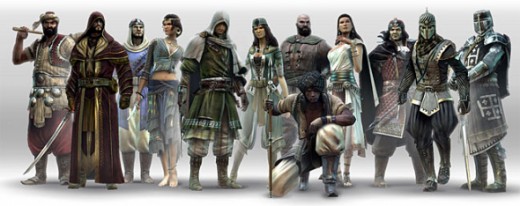
Multiplayer is back in Revelations. I'm definitely not a good reviewer for multiplayer, as I simply don't like multiplayer games of any kind and I flat out suck at them. Just to give you the gist of how it works: Assassins Creed Revelations' multiplayer feature recruits you as an Abstergo assassin, and puts you through a few training modules before you join the fray with other online players.
In a multiplayer mission, you'll wander through a city within a time limit and attempt to find and assassinate your target (another human player). You'll also be responsible for hiding and avoiding being killed when you are someone else's target.
Personally, I find Revelations multiplayer to be frustrating and difficult to figure out -- I spent an hour giving it a chance, and for me, it is just flat-out impossible to figure out which person is my target in a crowd, and avoiding or "stunning" an attacker pretty much never worked out for me. However, you're almost always playing with other people who are professionals and will kill you every 15-20 seconds. This is basically why I hate multiplayer as a whole -- but I'm part of a minority.
There are a few measures put into place to give multiplayer a lot of replay value, from leveling up to getting several Playstation trophies only available in multiplayer.
Final Thoughts
The Quickest, Easiest Assassin's Creed?
I was able to complete Assassin's Creed Revelations in just about 14 hours, which made it be the shortest of the past three games, in my opinion. I think that the absence of a long journey for a special type of armor is what really shaved off the amount of game play, as you'll probably remember how much time it took to find the armors of Altair & Brutus in the past two games, and all of the crypt explorations and puzzles that were involved. There is a special quest to obtain the armor of Ishak Pasha (which is pretty uber), but it involves only one single tomb raid.
I hate to label this game as being "quick," but I think the main problem is that I just love the Assassin's Creed series so much that no matter how long or short these games are, they're always over too quickly for me, and I always want more 'plot.'
Many of the same side-quest elements as seen in previous games exist, including helping out bystanders. The game actually did quite a bit to make your assassin recruits be more "human" and less like "collateral," and each assassin has his or her own final quest that Ezio must assist in before they become a master level assassin.
In all, I found the game to be relatively simple to play through with a pretty low difficulty level.
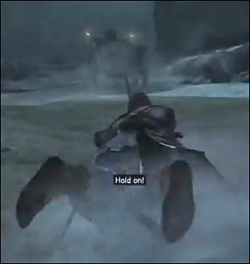
An Opinion On Plot & Missions
I don't think it's possible to beat the plot of Assassin's Creed II, which was just astounding, and had one of the most fulfilling endings I've ever seen. However, the plot of Revelations is gripping and your main preoccupation through your first try at the game is to keep going on with the plot just to see what happens next.
As usual, you'll be greeted with a turn of events that will shock you (or at least raise your eyebrows, depending on how captivated you are), especially near the end of the game.
There are several missions in this game which alone deserve your hard earned money spent to buy it -- several of my favorites were "The Renegade" (where you'll fight a nearly inhuman freak named Shahkulu, with a surprising event when it's "over"), a very memorable mission for the Assassin's Creed series known as "The Exchange," the adrenaline-pumped revenge mission "Discovery," and the most thrilling -- and final mission of the entire game -- "End of the Road."
The Ending (Spoiler Free, I Promise)
I have to admit that I was a little disappointed with the fact that the game ended at a time far more abrupt than what I had hoped for, and when those credits started to roll, I found myself saying "oh, come on...THAT'S where they're going to end it?!"
The end of Assassin's Creed Revelations is nothing short of 'extremely bizarre,' but after what you saw at the end of Assassin's Creed II, nothing should be a surprise anymore!
One thing is for sure: the end does nothing more than make you wonder how on earth the development company is going to manage creating another Assassin's Creed game, due to the events that happen. They've already stated that this is the final game to feature Ezio, and this can be confirmed in the short film "Assassin's Creed: Embers" which can be purchased from the PlayStation store. Do yourself a favor and watch it any way you can *cough YOUTUBE cough* it's a very touching account of Ezio's final days.
I first thought that the next Assassin's Creed game would most likely be the final one ending the series, and its main character will more than likely be Desmond, but I was wrong. Assassin's Creed III is due to be out in October 2012, giving a view of the next featured assassin protagonist who is half American Indian.
Pros & Cons
Assassin's Creed: Revelations Pros
- Improved controls, especially in combat
- More of the same beautiful graphics and great music you know and love
- Great storyline and a long & satisfying ending, as usual
- There are plenty of replay elements, including guild quests (thief, Roma and mercenary) that keep the game going after you've completed it
- Assassin recruits have their own missions before achieving mastery, making them more "human" rather than NPC background characters that you never see outside of combat
- Another "collection" side quest resurfaces in this game, with 100 "animus fragments" strewn across the city that you can find. Thankfully, there's an in-game map to take the frustration away.
- This game goes through lengths to tie in the story of Altair, and does an exceptional job of telling us gamers about what happened to Altair in his last days. In essence, Assassin's Creed Revelations puts the legacy of Altair to rest, with grace and merit.
Assassin's Creed: Revelations Cons
- It feels as though many of the townspeople and situations around the city were simply recycled and re-skinned from the previous games
- The absence of a long, drawn-out quest for your final piece of armor makes the game feel much shorter
- There's no indicator that tells you how many parachutes you have left, which means you'll undoubtedly jump to your death a few times
- The "jump and tackle" action was removed from the game -- its absence proves to be annoying during "chase" missions
- A continual annoyance in the game series: when Ezio "sticks" to the side of a wall and can't move, which only seems to happen when you're running from 10 guards. Various other minor issues, such as clipping paths which make Ezio "look down off a ledge" even though he's on the ground level.
- Similarly to the "hidden symbols" quest of Assassins Creed II, there's a similar one for the "Polo Symbols." However, the quest has no real purpose or advantage when done, making it seem like a meaningless chore.
- In case you're really picky with plot aspects: you never get to hear about what happened to Ezio's mother, and Leonardo DaVinci never makes an appearance nor is mentioned at all in this game.




![Assassin's Creed Revelations [Download]](https://m.media-amazon.com/images/I/51dKN7nGEZL._SL160_.jpg)
